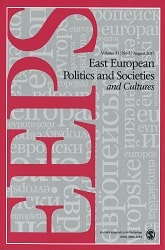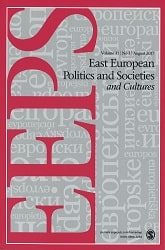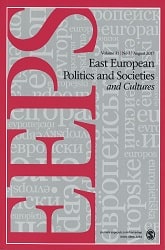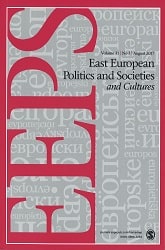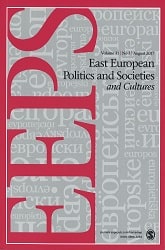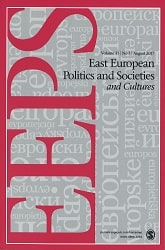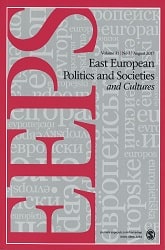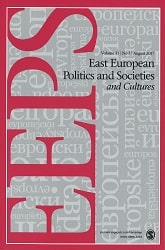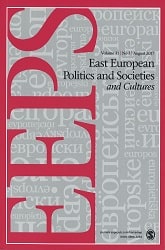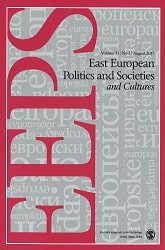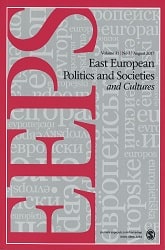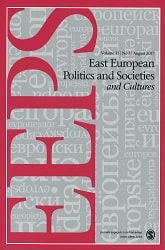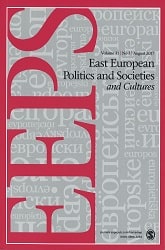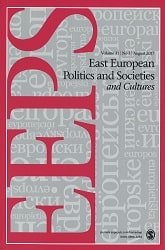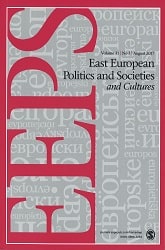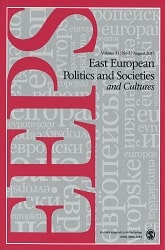
Memory in Post-communist Europe: Controversies over Identity, Conflicts, and Nostalgia
Controversies over social memory form an important aspect of reality in the postcommunist countries of Eastern Europe. On the one hand, there are debates about coming to terms with the communist past and the Second World War that preceded it (because important parts of the memory of the war were “frozen” during the communist era), and, on the other hand, and intimately connected to that, are discussions about the constant influence of communism on the current situation. This article presents some of the main trends in research on collective memory in the post-communist countries of Eastern Europe and reveals similarities and differences in the process of memorialization of communism in the countries of the region. Although there are works devoted to a comparative analysis of memory usage and its various interpretations in the political sphere in the countries of Eastern Europe, there are still many issues concerning daily practices (economic, religious, and cultural) associated with varying interpretations of the war and the communist past which needs further elaboration and analysis.
More...
